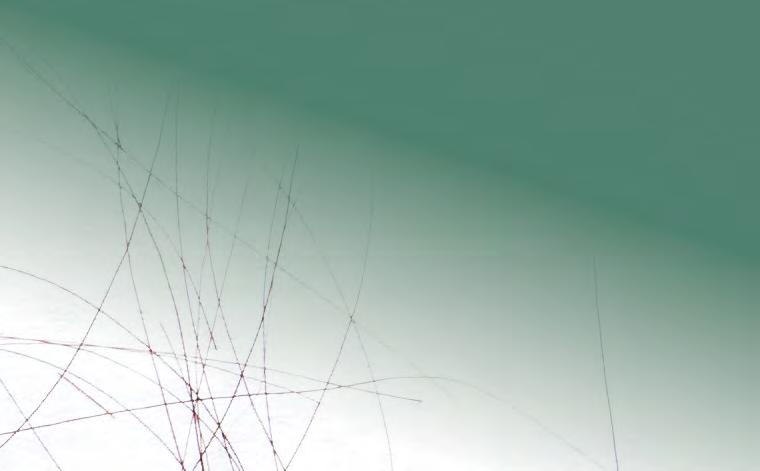
5 minute read
Life After Loss
from Tusk Magazine 2021
Life
Growing Back My Confi dence After Losing My Hair
Advertisement
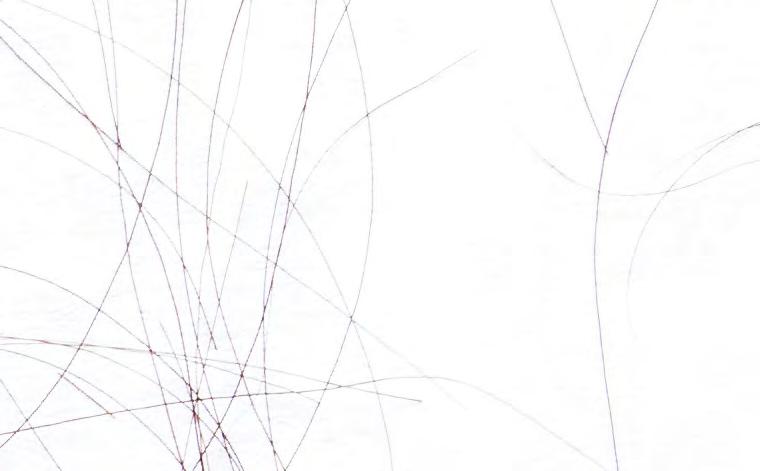


After STORY BY SHANNON HEWKIN PHOTOS BY MICHAEL QUINTERO DESIGN BY CANDACE CASTILLO
Loss

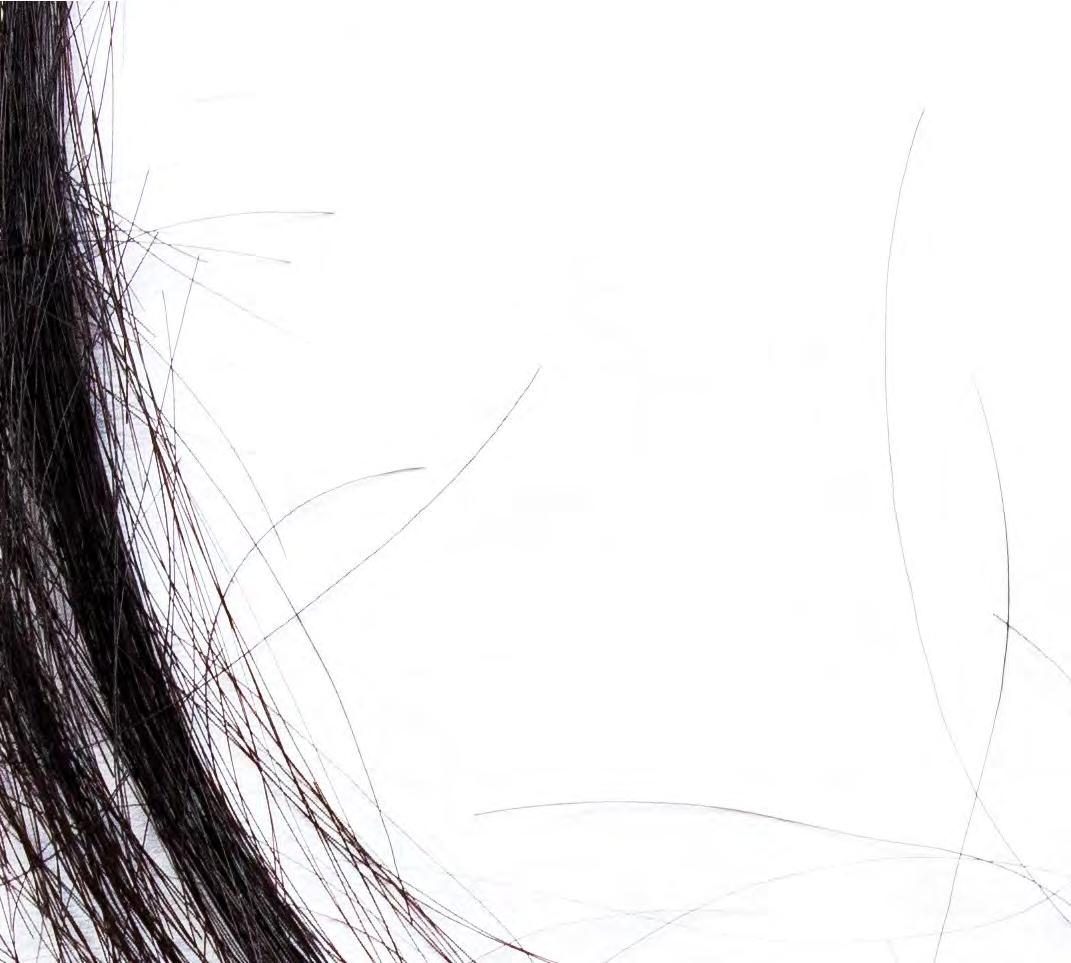



Hair is a huge part of my life. It’s everywhere I look—in the bathtub, the sink drain, tangled in my hairbrushes, laying on pillowcases, and perpetually stuck inside my robot vacuum. It’s everywhere I look, except on my head. I was diagnosed with androgenic alopecia (AGA), a genetic condition marked by moderate to severe hair loss. For men, hair loss begins around the temples while women experience thinning of hair all over their heads. Over the last few years, about 75% of my hair has fallen out, and it’s probably the worst thing that’s ever happened to me.
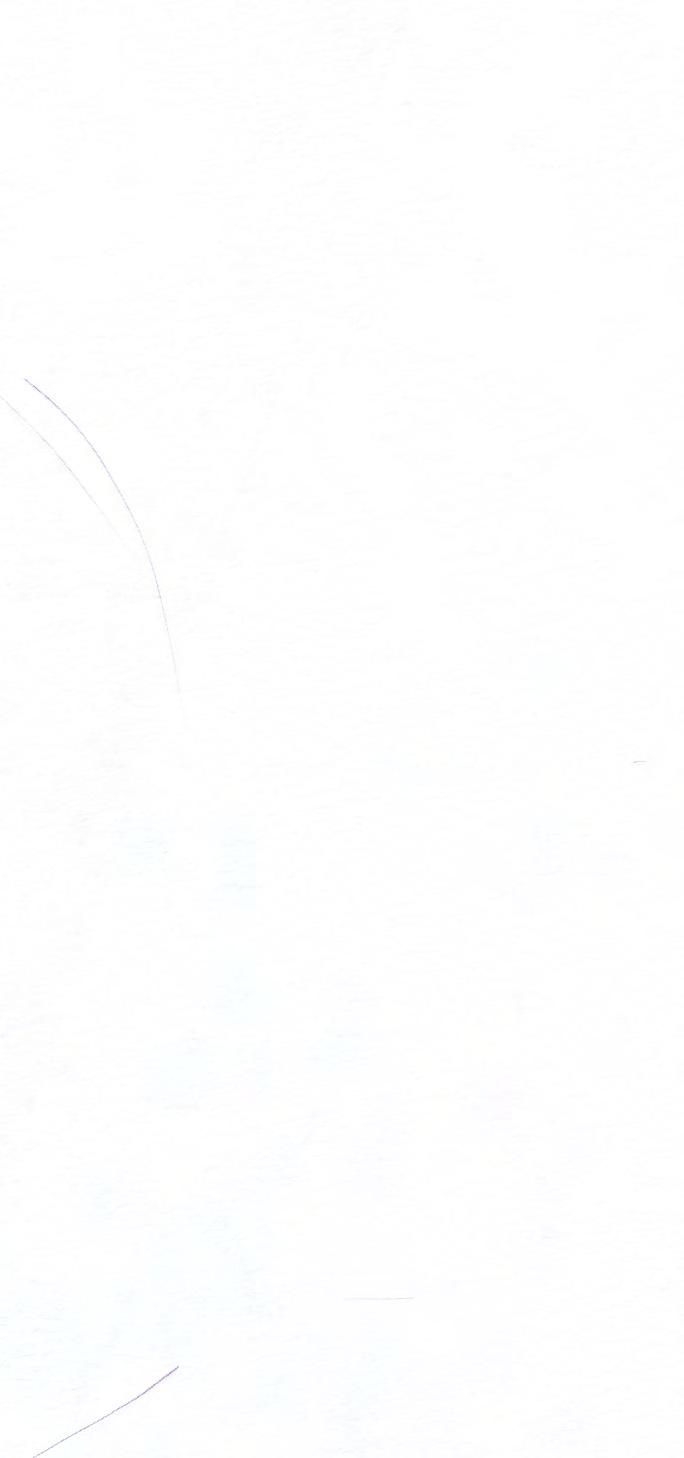
My Story
I started losing my hair around the age of 21. One day, I noticed the front of my hair was thinner than usual, and I was shedding a lot. I freaked out and started wearing headbands and bandanas to hide my loss. During that year, my hair slowly grew back, and I forgot about it until it started happening again.
Three years ago, I learned that my dad was going to pass away soon. At the time, he had lung cancer, and our relationship was strained. I started visiting him regularly, and while our relationship grew during our last six months together, my hair did not. This time, it started shedding all over my head—a continual loss that I am still experiencing today.
Stress is a major cause of hair loss, but the shedding continued even after my dad passed away. My doctor seemed unconcerned and said that I was treating my hair loss well, ultimately brushing it o as mild thinning.
I was doing everything I could to cover the loss—teasing it, never wearing it down, using hair powders and sprays, and wearing my bandanas again. I also had my hormone levels checked, and everything looked fi ne.
I began seeing a therapist to deal with the depression I was feeling about the loss of my father and my hair. I also gained weight and found it hard to work. My therapist dismissed the impact of this by telling me that my hair looked good and I looked like I was in shape. She seemed just as unconcerned as my doctor. She said I was “high functioning,” meaning that I was still able to get out of bed and work most days.
Meanwhile, I was dying inside. I avoided hanging out with friends or going places where I had to dress up because I couldn’t get my hair to look good. I felt awful about myself on all levels. Mental Health Implications
As a result of my hair loss, my self-esteem and mental health were impacted. I spent the better part of the last few years su ering from depression, insomnia, weight fl uctuation, and wondering why the hell this is happening to me.
A 2020 study on the psychosocial burden of alopecia areata published by the Journal of Patient-Reported Outcomes noted that many participants described their diagnosis as “devastating,” and reported feeling sad, depressed, embarrassed, ashamed, angry, frustrated, and helpless.
“There is a real sense of shame that comes from losing your hair as a young woman,” said 23-year-old Cheryl Gri ths in a Youtube video titled “I Have Androgenetic Alopecia | Dealing with Female Hair Loss.”
Gri ths uses various social media platforms to talk openly about her experience with AGA.
“People don’t expect it. People dismiss you and try to tell you it doesn’t look too bad,” Gri ths said in the video.
I knew I wasn’t alone, but I couldn’t talk about it with anyone else until I found a community of women online dealing with the same issues. While I didn’t follow any accounts for fear that someone would discover my secret, being able to read other women’s experiences helped me feel less alone. 29-year-old Claire Epps has experienced hair loss issues since she was 14 years old.
“I just didn’t feel feminine, I gained weight, and started dressing frumpy,” Epps said. “The community on Instagram has been the most helpful for my mental health. Everybody is struggling with the same thing.”
Epps started an Instagram page to share her journey toward acceptance and ownership over her hair loss. Her page documents her hair loss as it progresses and shares information about positive experiences wearing hair toppers, helper hair, and wigs.
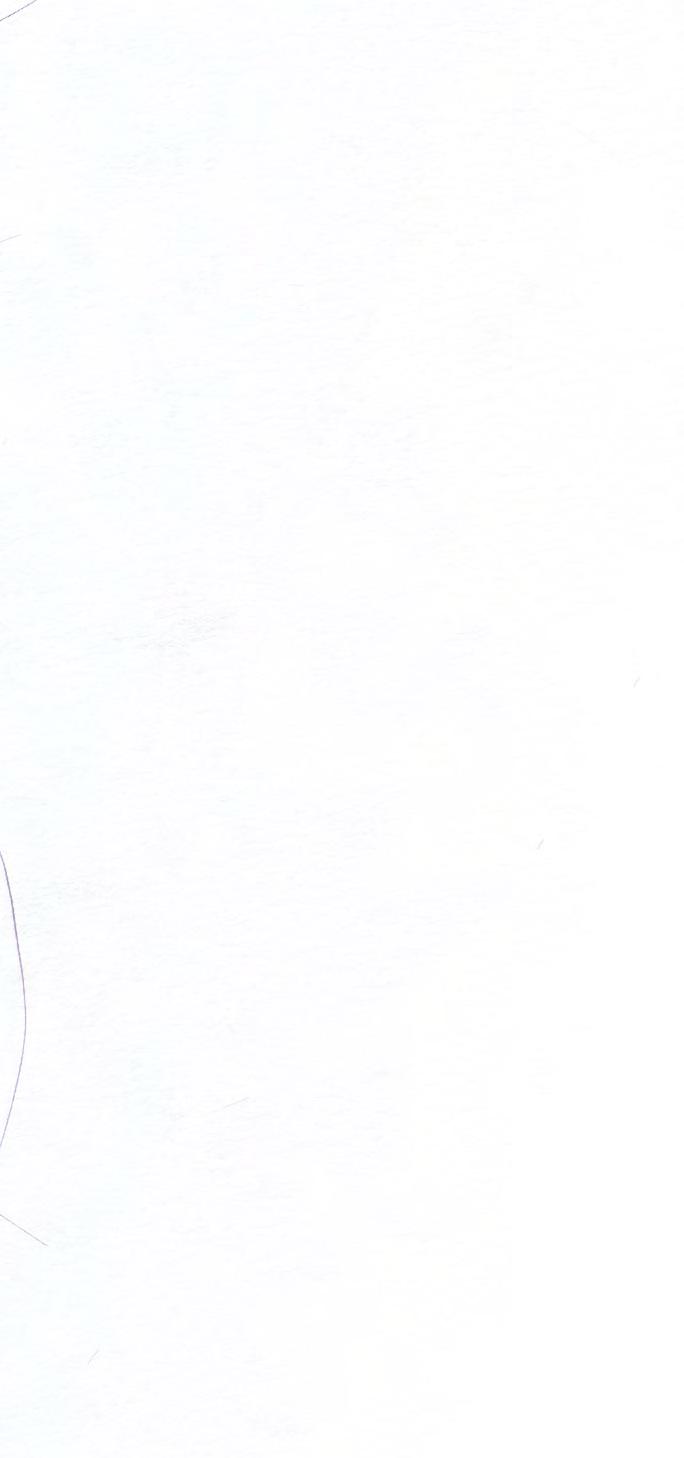

The Road to Acceptance
Over the past fi ve months, my hair loss has progressed to a point where I am no longer comfortable going out in public with just my real hair. Two years ago, I bought a few hair toppers after seeing Epps, and many others online, talk about how toppers changed their lives for the better. But until recently, I couldn’t bring myself to start “wearing hair” full-time.
Oddly enough, the pandemic has given me time to get more comfortable wearing hair. Zoom classes and social distancing have allowed me to perfect my style and socialize in small chunks rather than having to spend the whole day with my new look.
And now that I’m wearing hair most days, I am starting to feel like the vibrant, confi dent, quirky person I am. I also feel so much better about my appearance and mental health. I’m exercising again, connecting with friends, and working on bettering myself in all aspects of my life.
I don’t obsess about my hair every minute of my life, although I do still think about it a lot. I still experience days where I fall into “why me” thinking and the sadness paralyzes me. Other days, I realize that “my” hair looks better than it ever did before, and that most people have no clue it’s not my real hair.
My hair loss has changed me in ways I have yet to understand, but I’m working every day to own and process it. My hair loss is part of my story, but it’s not my whole story. TU SK











